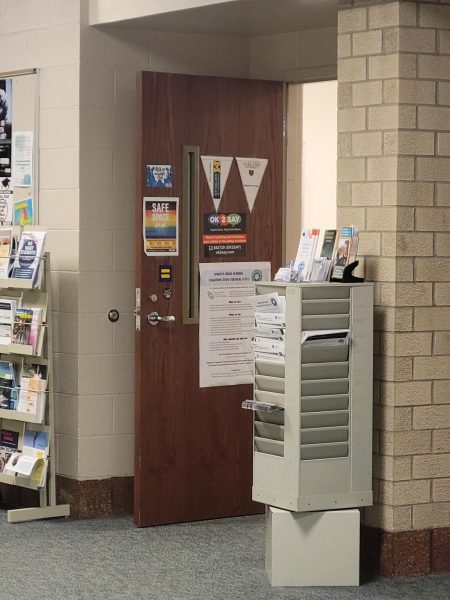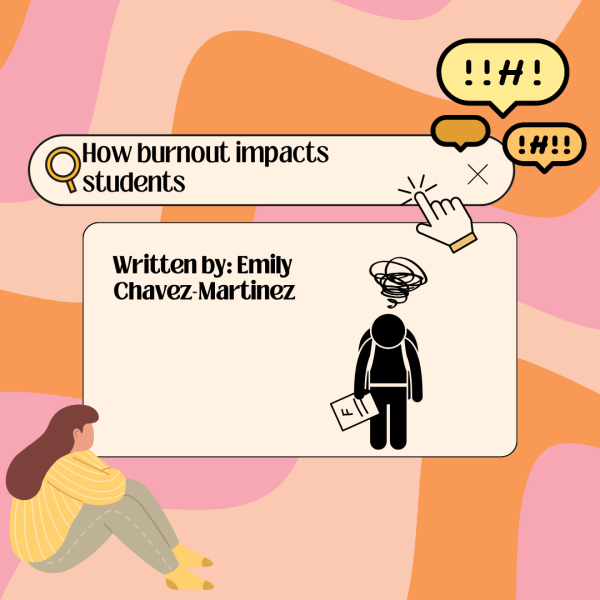How to Manage Your Finances
With many students applying for jobs, now would be the time to educate themselves on how to manage their money appropriately, especially with seniors graduating soon.
Learning how to manage money appropriately may be one of the most important things to do, especially when fresh out of high school or college. Money will end up being a factor that dictates quite a few events in life, and if an individual has no idea how to manage it, then it may end up hurting them in the long run.
1) Try Using a Zero-Based Budget.
A Zero-Based Budget, according to NerdWallet, is a “…method that has you allocate all of your money to expenses for needs and wants, as well as short- and long-term savings and debt payments. The goal is that your income minus your expenditures equals zero by the end of the month.” To put it simply, you categorize everything you need or want to pay for, resulting in your income reaching zero. This is merely a plan, and with it, you are tracking where every dollar goes.
2) Prioritize Paying Off Debts and Loans.
Debts and loans gain interest over time, so if you are just paying the minimum per month, you likely will end up paying more than you originally owe. Also, if you have a high amount of debt, it will affect your credit utilization-which is the amount of credit you are currently using divided by the amount of credit you have available-and can end up destroying your credit score. You need a good credit score to get loans from the bank, to rent an apartment, to rent a car, and so on. Thus, if you have a poor credit score, you may be denied some loans and other utilities (Intuit Mint Life).
3) Save For Unexpected Expenses.
Unforeseeable circumstances are always out there. So, saving a bit of money after each paycheck can prepare you for one (or more) of these irritating events. For example, saving 4-6% of your paycheck each month to have financial security towards your old dryer failing, needing to buy a winter coat, or having a sudden family emergency in which you would have to pay for a plane ticket (N26).
4) Track Your Spending.
Knowing when your money goes where is imperative, as you could always forget about that $10 subscription to Netflix or forget about that $50 monthly fee for an unused appliance. Understanding how much is coming in and going out of your account is a necessity towards budgeting effectively, especially if you find your cash disappearing faster than expected (Federal Student Aid) (N26).
5) Keep Your Bills and Receipts Organized.
Keeping your bills and receipts organized can be helpful towards filing taxes, paying the bills on time, and having easy access to them in case you need to dispute or change a bill. It can be difficult to find different receipts or bills if they are all clumped together, so try organizing a file folder by month, account, week, or whatever else makes sense to you (Intuit Mint Life).
6) Save Your Money Before Spending.
If you just tuck away the money left over after spending, then it completely ruins the point of budgeting. Budgeting is there to curb spending to ensure that you are saving as much money as possible, and if you merely spend all of it before saving, then you won’t be able to budget things appropriately (Intuit Mint Life).
7) Determine the Difference Between Needs and Wants.
Prioritizing what you absolutely need to buy/pay off and what you could live without is a must. While it isn’t bad to splurge on a few items, saving money towards paying your bills, utility costs, and car loans should be prioritized (Federal Student Aid).
8) Know When to Use Credit or Debit.
Be incredibly cautious while using your credit card, as having debt on this card will increase the monthly payments you have on top of the other ones, increase the interest rate if it harms your credit score, and creates constant stress about paying off the fees (Ramsey Solutions).
9) Overestimate Expenses.
If you plan to spend more than you do, at the end of the month you can end with a surplus to either save for larger purchases or buy miscellaneous items with (Federal Student Aid).
10) Underestimate Your Income.
When planning your monthly budget, if you expect less than you receive, you can end up with (once again) a surplus of cash at the end of the month (Federal Student Aid).
12) Don’t Overlook the Smaller Expenses.
As mentioned earlier, small but repetitive purchases can add up over time. That coffee you grab every day before school that only costs $1.99? That cost adds up to about $55.72 per month without tax. Shocking, right? That’s why keeping track of these expenses is important, as it can end up costing much more than expected in the long run.
Your donation will support the student journalists of Dakota High School. Your contribution will allow us to purchase equipment and cover our annual website hosting costs.

Jade Lilly is a senior at Dakota High School. This is her first year writing for the Dakota Planet, but she has plenty of experience towards writing professional...









Ms. Groppuso • Nov 21, 2022 at 9:47 am
What an important article for high school students! Great job on this one.